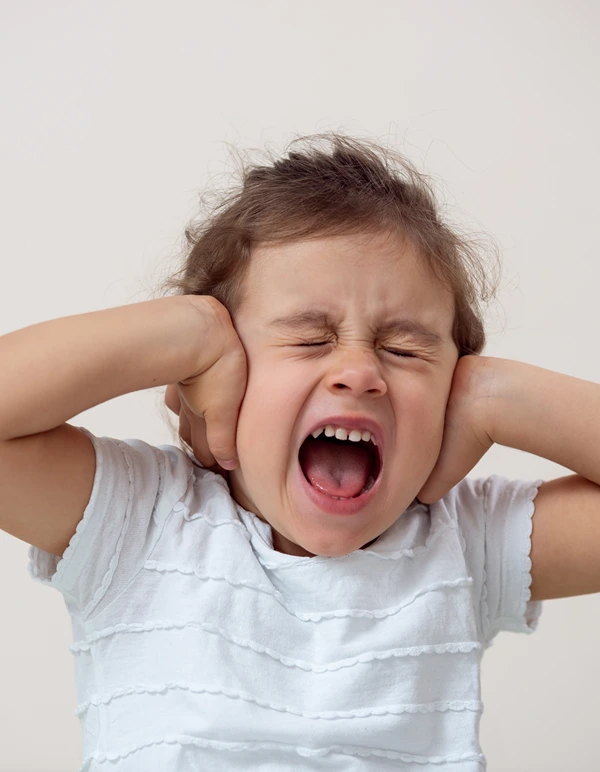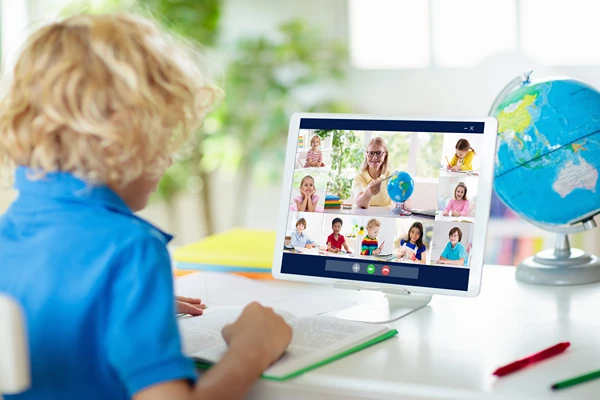How to Help Your Child Navigate Big Feelings in a Big, Busy World
Modern parenting feels like a minefield. Between screen time overload, post-pandemic anxiety, school pressure, and the nonstop emotional swirl of growing up, it’s no wonder today’s kids are struggling to cope.
But while the challenges are real, so are the tools. And it starts with one simple truth: kids are allowed to have big feelings. They just need help understanding them. Here’s how parents can help kids make sense of it all.
What Are “Big Feelings,” and Why Do They Matter?
Big feelings aren’t just tantrums or tears. They’re the intense emotional states kids experience when they don’t yet have the words, tools, or maturity to regulate what’s going on inside.
Think:
- Frustration after a tough school day
- Anxiety around performance or friendships
- Overwhelm from social media exposure
- Grief from a loss or change in the family
These are real emotional challenges. And ignoring them—or brushing them off as “kids being kids”—can lead to bigger problems later, including chronic anxiety, withdrawal, low self-esteem, or acting out.
Why Emotional Regulation Is a Skill, Not a Personality Trait
Some kids are naturally more expressive. Others are quiet processors. But all children benefit from learning how to name their emotions, self-soothe, and respond rather than react.
This is called emotional regulation, and it’s one of the strongest predictors of lifelong mental health. Studies have shown that emotional regulation skills developed early on can lead to better social relationships, academic performance, and resilience later in life.
The Silent Stressors Parents Often Miss
You might be doing everything right: listening, validating, supporting. But there are still hidden stressors that impact your child’s emotional health.
Here are a few common ones:
- Too much unstructured screen time (especially scrolling before bed)
- Overscheduled routines with no downtime to decompress
- Social comparison, even in young kids, especially through YouTube, games, or classroom dynamics
- Parents’ own unprocessed stress, which kids often absorb
Children are intuitive. They pick up on tension, even when we don’t say a word. That’s why it’s so important to model regulation ourselves, while creating space for them to process in healthy ways.
Signs Your Child May Need Outside Support
There’s no shame in seeking help. In fact, reaching out can be the most powerful move a parent can make.
You might want to explore therapy if you notice:
- Frequent emotional outbursts that don’t match the situation
- Difficulty bouncing back from small setbacks
- Social withdrawal or constant worry
- Changes in eating or sleeping habits
- Ongoing challenges at school
Professional support can offer kids a safe place to explore their feelings and help you as a parent feel more confident and connected, too.
Where to Turn: Trusted Help from People Who Get It
If you’re in Ontario and feel like your child could benefit from extra support, CASE Psychology offers compassionate, personalized mental health care for kids, teens, and families.
Their team of psychologists and therapists specializes in child and adolescent development, offering strategies that are evidence-based and emotionally attuned. Whether your child is dealing with anxiety, behavioural challenges, or just needs someone to talk to, CASE can help your family build healthier emotional foundations.
The Role of Schools in Supporting Emotional Development
Many schools are now adopting social-emotional learning (SEL) programs to help kids navigate emotional challenges in the classroom. These initiatives teach self-awareness, empathy, responsible decision-making, and stress management.
But these programs are most effective when supported at home. Talk to your child’s teacher or school counsellor about what tools are being taught in class and how you can reinforce those lessons in daily life.
5 Simple Ways to Help Your Child Cope Today
You don’t need to be a psychologist to support your child’s mental wellness. Try these small but impactful strategies at home:
- Normalize all emotions
Say things like “It’s okay to feel sad sometimes” or “Being nervous is part of trying something new.”
- Use emotion wheels or charts
These help kids identify their feelings beyond just “mad” or “sad.”
- Practice calm-down routines together
Breathing exercises, body scans, or movement breaks are powerful regulation tools.
- Create consistent rituals
Bedtime routines, family meals, or even a 5-minute morning check-in can build a sense of safety.
- Model your own regulation
Say out loud when you’re taking a deep breath or pausing to think before reacting.
Parenting Isn’t About Perfection—It’s About Presence
There is no such thing as a perfect parent. What matters is that you show up. That you’re curious. That you care. And that you’re willing to learn alongside your child as they grow.
Supporting kids emotionally isn’t a one-time fix. It’s a journey. One that requires patience, understanding, and sometimes outside support.
Final Takeaway
Big feelings aren’t a problem to fix. They’re an opportunity to connect. And when kids have the right tools to cope (and the right adults walking beside them), they don’t just get through hard moments. They grow from them.




